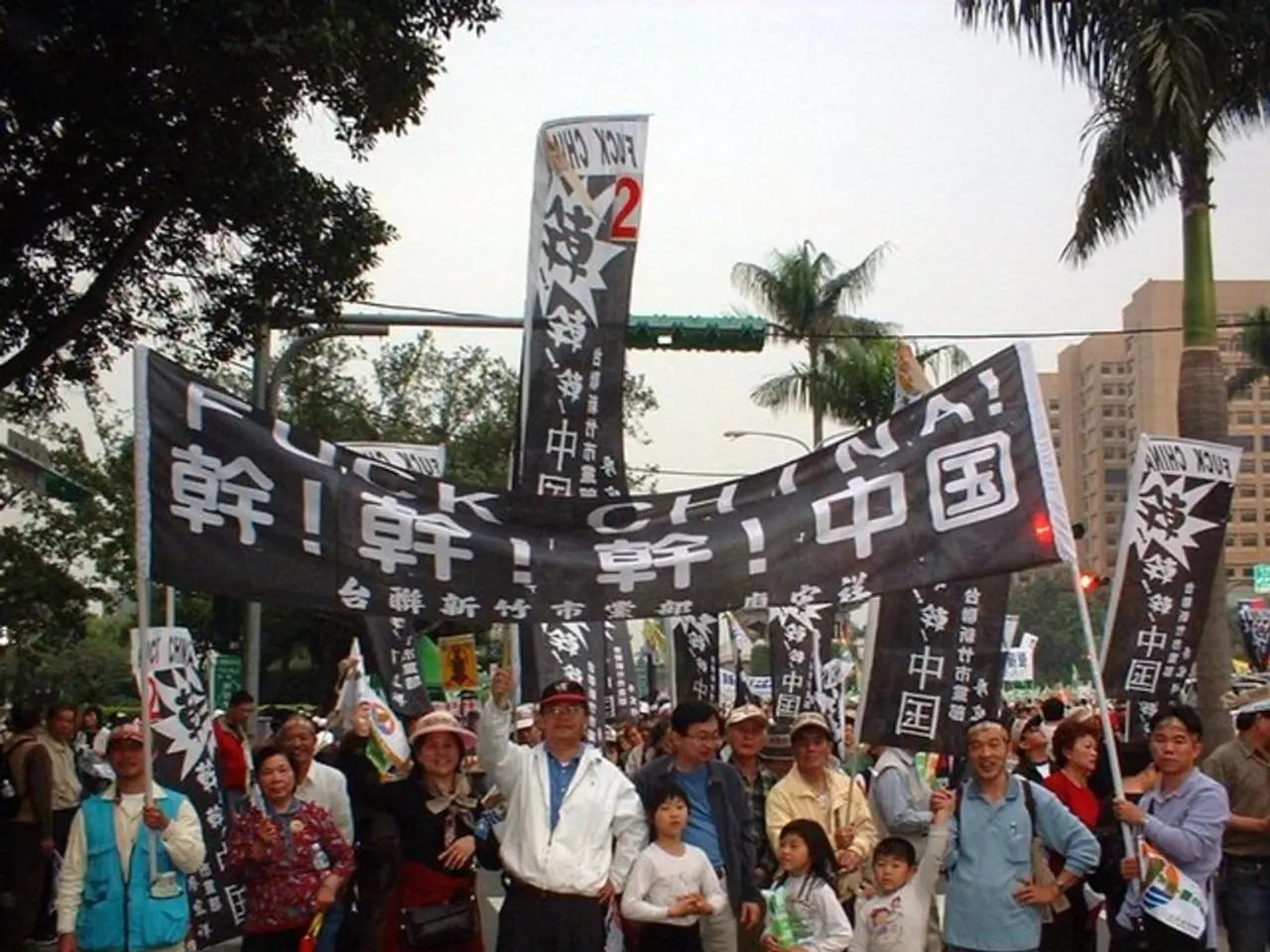Instructions Transferred: Leaving, Arriving, and Communicating
During the COVID-19 pandemic in May 2020, seasonal workers on the asparagus and strawberry farm "Ritter" in Bornheim near Bonn went on strike. The workers, mostly migrants, were protesting against missing wages, poor food, cramped accommodations, and inadequate hygiene measures. This collective action contributed to the emergence of a solidarity culture among the strikers.
Before the 2020 harvest season, Spargel Ritter filed for insolvency, and an administrator took over the business. The workers had been contractually promised a three-month employment period, but no wages had been paid out by May 18, 2020. Some employees decided to forgo their wages in exchange for a small settlement and pursue various exit strategies.
In 2019, Spargel Ritter was heavily in debt and under investigation by the customs authority for irregularities in employment papers. The system of seasonal work in agriculture is often riddled with serious violations of labor rights, and in the case of "Ritter", it was found that social benefits were systematically withheld by issuing consecutive 70-day contracts for the same workers.
High media interest in agriculture during the pandemic allowed public pressure to be built on the company, and civil society support was mobilized. Around 20 workers went on strike spontaneously in response to an attempted departure, and the strike spread among the Romanian workers. The case ended with a three-year prison sentence and back payments of three million euros for the Ritter family.
Over forty individual lawsuits were filed at the Bonn Local Court on behalf of over a hundred workers for unpaid or incomplete wages. A collective settlement was reached in February 2021 for all individual cases. The administrator offered striking workers 100 to 200 euros each, which they rejected. In the end, the insolvency administrator had to pay a total of over 120,000 euros to the workers, although they received only a fraction of the originally promised wages.
Seasonal work is physically demanding, migrantized, and structurally devalued, and can be attractive for people in countries with lower wage levels. Low wage costs are essential for agricultural producers to generate a profit under increased pressure from food markets. The normalization of labor rights violations weakens the sense of injustice of those affected and reduces the motivation to defend themselves against the injustice suffered.
A majority of the workforce at "Ritter" decided to file a lawsuit with the labor court and won, setting a precedent for seasonal workers' rights in Germany. The case highlights the need for increased transparency and fair treatment in the agricultural sector, particularly for migrant workers who are often vulnerable to exploitation.
Read also:
- Impact of Alcohol on the Human Body: Nine Aspects of Health Alteration Due to Alcohol Consumption
- Understanding the Concept of Obesity
- Lu Shiow-yen's Challenging Position as Chair of the Chinese Nationalist Party (KMT) Under Scrutiny in Donovan's Analysis
- Tough choices on August 13, 2025 for those born under Aquarius? Consider the advantages and disadvantages to gain guidance







